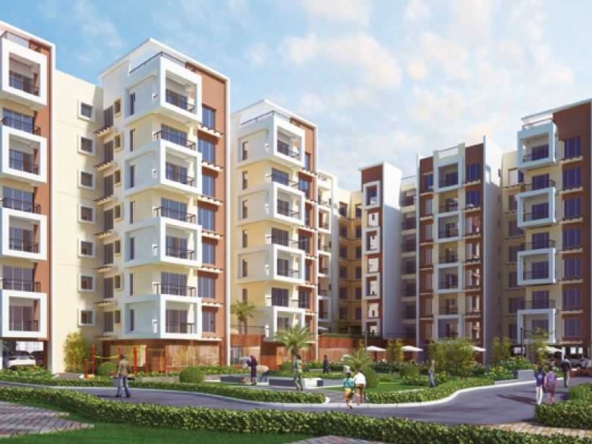Choosing the right residential property is a significant decision that involves careful consideration and planning. Here are ten quick tips to help you make an informed choice:
1. Determine Your Budget
Establish a realistic budget before beginning your search. Consider all associated costs, including down payments, loan EMIs, maintenance, and utilities. Sticking to your budget will help narrow down options and prevent financial strain.
2. Choose the Right Location
Location is crucial when selecting a property. Consider proximity to workplaces, schools, healthcare facilities, and public transport. A prime location can enhance your quality of life and contribute to long-term property value appreciation.
3. Evaluate the Neighborhood
Research the neighborhood to understand its amenities, safety, and community vibe. Visit at different times of the day to gauge traffic, noise levels, and overall atmosphere. A welcoming and safe neighborhood can significantly impact your living experience.

4. Check Infrastructure and Connectivity
Assess the infrastructure, including roads, electricity, water supply, and sewage systems. Good connectivity to major roads and public transport networks is essential for easy commuting and accessibility.
5. Consider Future Development
Investigate upcoming projects and developments in the area. Future infrastructure, such as metro lines, malls, or business hubs, can boost property values. However, ensure that these developments won’t negatively impact the neighborhood’s charm or your property’s privacy.
6. Inspect the Property Thoroughly
Before finalizing a property, conduct a detailed inspection. Check for structural integrity, quality of construction, and any signs of wear and tear. Look into aspects like ventilation, natural lighting, and layout to ensure the property meets your preferences.
7. Assess the Amenities
Modern residential properties often offer amenities like parks, gyms, swimming pools, and security systems. Determine which amenities are important to you and factor them into your decision-making process. These facilities can enhance your lifestyle and add value to your investment.
8. Review the Builder’s Reputation
Research the developer’s track record for timely delivery and construction quality. Read reviews, check past projects, and consult current residents if possible. A reputable builder ensures that your investment is in safe hands and reduces the risk of future issues.
9. Understand the Legal Aspects
Ensure that the property has clear titles and necessary approvals from local authorities. Check for any legal disputes or encumbrances that could impact your ownership. Consulting a legal expert can provide peace of mind and prevent future complications.

10. Think Long-Term
Consider your long-term needs and goals when selecting a property. Think about potential lifestyle changes, such as starting a family or remote working requirements. Choosing a property that accommodates future needs can save you from the hassle of moving again soon.
Conclusion
Selecting the right residential property involves a combination of financial planning, thorough research, and careful consideration of your personal needs. By keeping these ten tips in mind, you can make a well-informed decision that meets your lifestyle and investment goals. Remember, buying a property is not just about finding a place to live; it’s about securing a valuable asset that can enhance your quality of life and offer financial returns in the long run. Take your time, consult with experts, and choose wisely.
With these tips, you’ll be better equipped to find the perfect home that suits your needs and preferences. Happy house hunting!


